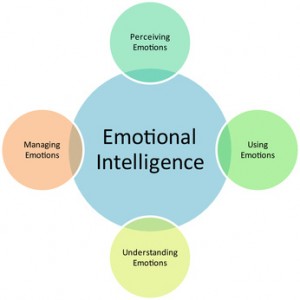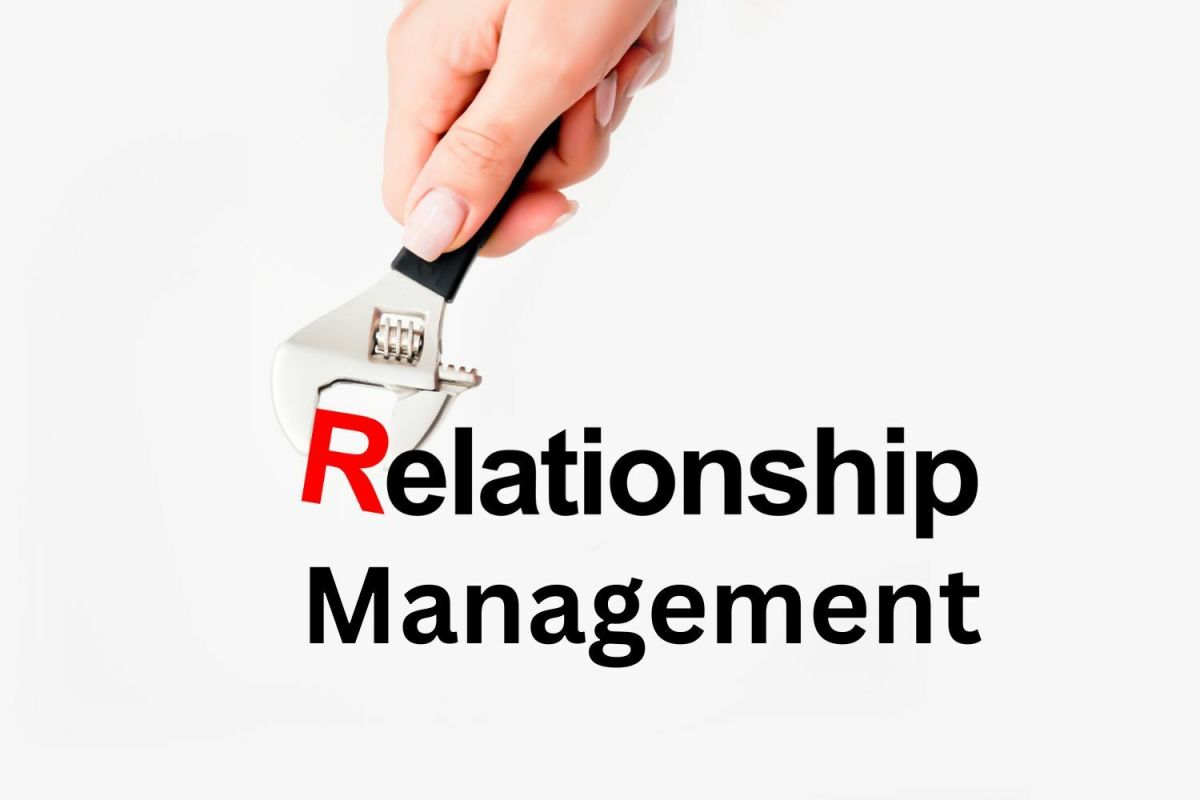Categories of Emotional Intelligence

We are all probably familiar with the concept of IQ or Intelligence quotient. But did you know that there is an emotional intelligence as well?
Emotional intelligence is the ability to identify and manage your emotions as well as the emotions of others. It plays a vital role in how we interact and relate to each other. Emotional intelligence (also known as EQ or EI) can often be more important than intelligence (IQ) when it comes to finding success in life. The ability to read other people’s signals and react appropriately is an essential skill when it comes to career advancement, personal relationships, and more. A strong EQ allows you to understand, empathize, and negotiate with people facilitating success throughout life.
The Four Categories of Emotional Intelligence
The four branch model of emotional intelligence describes the four abilities that collectively make up the EQ. These include:
1. Perceiving Emotion. This is the ability to accurately recognize emotions in the face and voice of others. Facial expressions such as sadness, anger, happiness, etc. are universally recognized in humans. This area of emotional intelligence is the very basis for the advanced understanding of emotion.
2. Using Emotions. This second area of emotional intelligence is the ability to use emotions to facility thought. Our emotions are quite often a guiding force when it comes to critical thinking and problem solving. They prioritize our thinking allowing us to focus on those things we feel are most important. Having a strong system of emotional reasoning is important when it comes to directing our thoughts and for certain types of creativity.

3. Understanding Emotions. Emotions play an important role in communication. They convey more than simply how someone is feeling. Understanding emotions can provide you with insight into the motives of others, and can help you to gage how someone is likely to behave under certain circumstances. This is valuable information to have. It can assist you with proactive, forward thinking and even keep you safe. For example, a person that is angry may withdrawal to seek calm, take time to simply vent their feelings, or attempt to harm someone. Indentifying and then understanding this person’s anger is essential to gauging the possible outcomes of interacting with them, enabling you to take appropriate action.
4. Managing Emotions. Emotional management involves the ability to regulate emotions for personal and social growth. This involves taking responsibility for one’s own feelings, turning negative emotions into a positive learning experience, and helping others to recognize and benefit from their emotions.
Tips for Developing Emotional Intelligence
After many years of debate, it has been determined that emotional intelligence is a learnable skill. The first step is to determine your current EQ in order to find those areas which would benefit from some work. There are many books and tests on the market that can help you determine this information and provide you with steps to improve you EQ. Here are a few tips to get you started in the right direction.
- Consciously observe how you react to others. Look honestly at yourself in terms of how you think and that types of interactions you have. Are you the type that rushes to judgment? Do you allow prejudices and stereotypes to rule your thinking? Knowing these things about yourself is the first step to correcting them.
- Do a self evaluation. What are your strengths and weaknesses? Are you accepting of them?
- Look at how you handle stressful situations. Do you become upset when things don’t happen the way you want them to? The ability to stay calm during difficult times is a value trait. Can you keep your emotions under control when the going gets tough?
- Take responsibility for your actions. Do you typically avoid people when you have wronged them or made a mistake? If so, work on apologizing directly and correcting the problem. People are generally much more apt to forgive when you do.
- Examine how your actions will affect others before you act. Take a moment before making a big decision and consider who else may be affected. Put yourself in their shoes. How will they feel? Is there any way you can minimize any negative impact? If not, how can you help them deal with the outcome?
Emotional intelligence is a different way of being smart. It involves knowing what you are feeling and then using your emotions to make good decisions about your life. Being able to manage your moods, control impulses, remain optimistic during times of adversity, and to motivate others through empathy builds leadership and can ultimately lead to a life full with successes.








